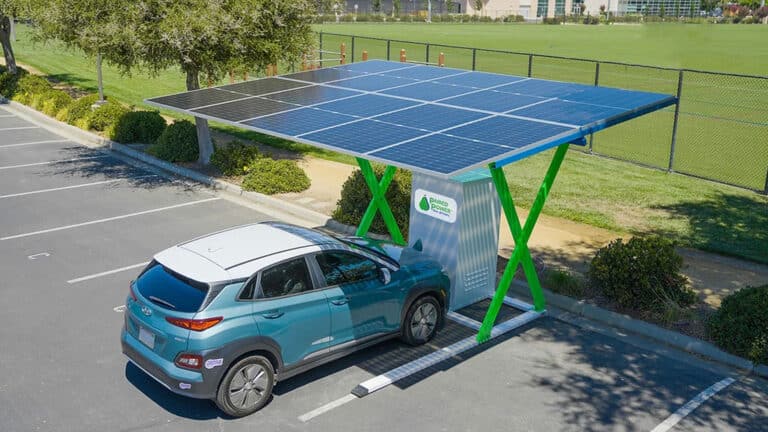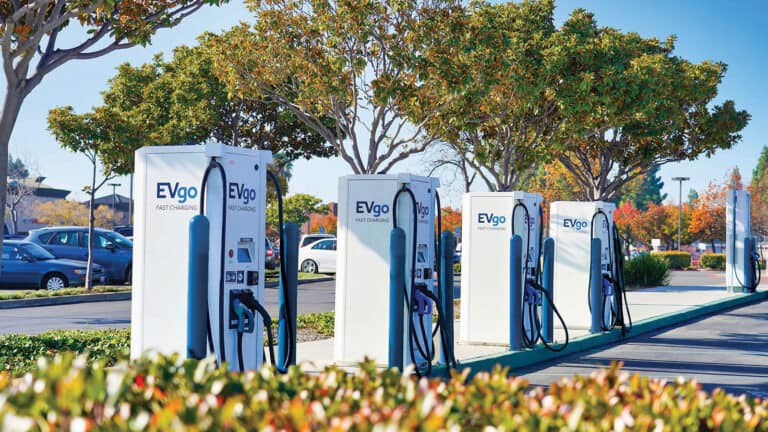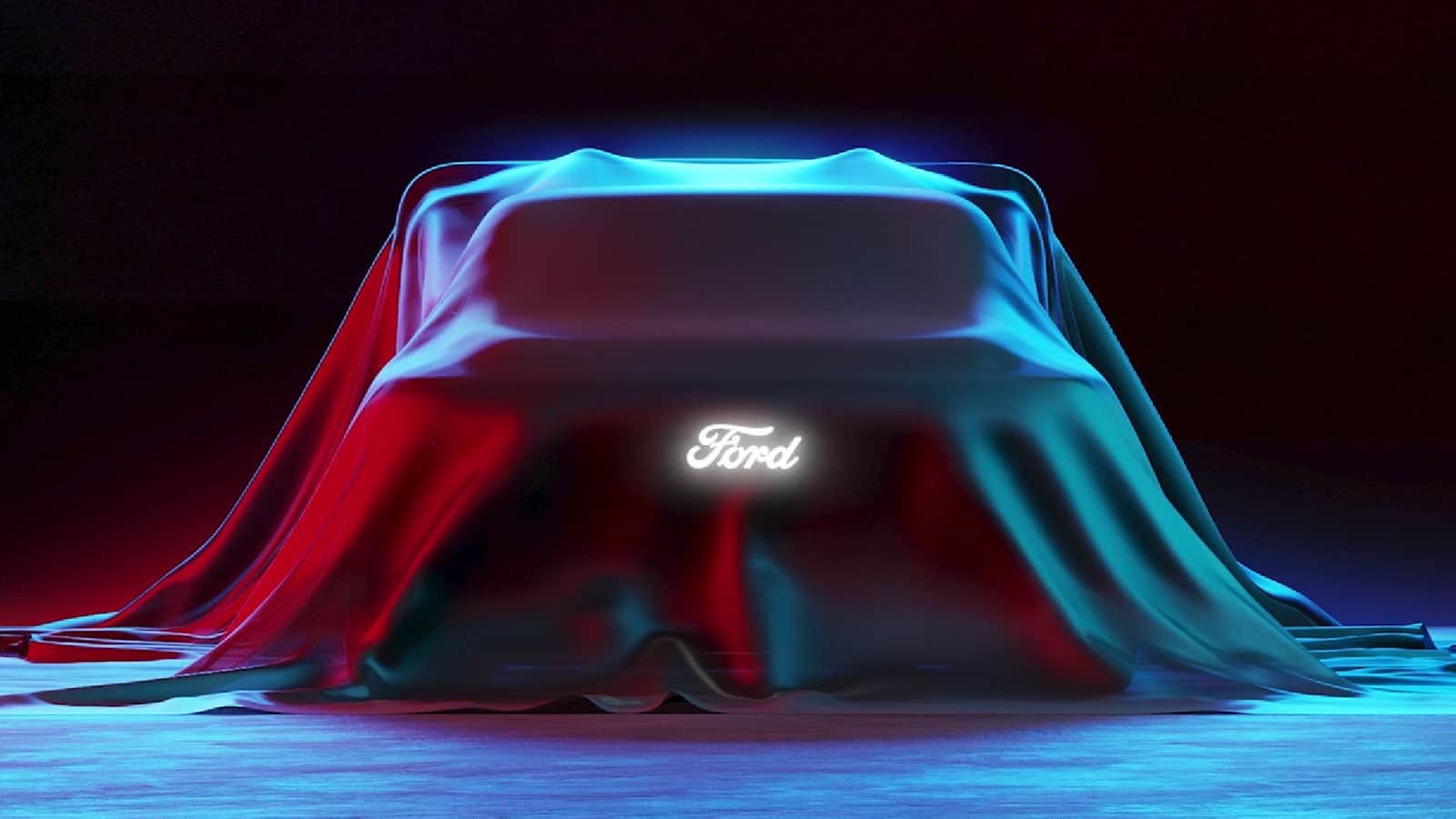Citing a safety defect that could cause the all-electric Mustang Mach-E to lose power, a class action lawsuit has been filed against Ford.
Three owners of the Mustang Mach-E have filed a federal lawsuit against Ford Motor Co. The claimants allege that the automaker has known of a design flaw in the 2021-2022 models that causes them to suddenly lose power while in motion and hasn’t figured out a solution.
The lawsuit, filed in the US District Court in the Eastern District of California, brings up “a uniformly designed defective high voltage battery main contactor that could overheat, thereby immobilizing the vehicle or making it lose power during operation. The contactors on these vehicles are prone to fail during ordinary and foreseeable driving situations.”
The lawsuit charges that Ford had knowledge that the contactor switch could suddenly fail and leave occupants vulnerable to crashes, injury, and death. Meanwhile, Ford has said that it is unaware of any injuries or deaths resulting from the problem.
The suit further claims that while buyers and lessees were informed of the recall, their Ford dealers still haven’t corrected the problem — and it’s unclear whether Ford has a real solution for the issue.
The suit continues to say that Ford should have disclosed to its customers these defects at the time or purchase or lease over the past two years. Since such knowledge might have meant these customers reconsidered their purchase or lease, the suit alleges that Ford used deceptive omission to induce customers to believe the vehicles were safe.
Between July 13, 2021, and May 31, 2022, Ford reported to federal regulators that it saw 286 customer warranty claims filed in North America related to an open or welded contactor, but the company once again added that it is unaware of any accident or injury related to this issue.
Not the First Trouble for Mustang

Ford has been plagued by safety recalls recently. In June, Ford issued a stop sale and recall affecting 100% of the 2021-2022 Mustang Mach-E models built during a two-year period that could lose power while driving or simply not start. What’s more, the problems aren’t isolated to the company’s EV division. Earlier this month, Ford advised some 200,000 owners of internal combustion powered Ford SUVs to park their vehicles away from garages and buildings, and issued recalls for defects that could cause fires, even when the vehicle is off.
Ford spokesman Said Deep said that Ford plans to do an over-the-air update as soon as this month. However, others are concerned about whether a software update could fix a hard mechanical failure. Deep insists that the software update is meant to protect the contactors and that if any customers experience this issue, their warranty will cover the hardware replacement.
The plaintiffs in this case want their vehicles fully repaired, and to receive damages to compensate them for the vehicles’ diminished value as a result of the defect and (what they call) Ford’s “wrongful conduct.”

SOURCE | IMAGES: DETROIT FREE PRESS.




























